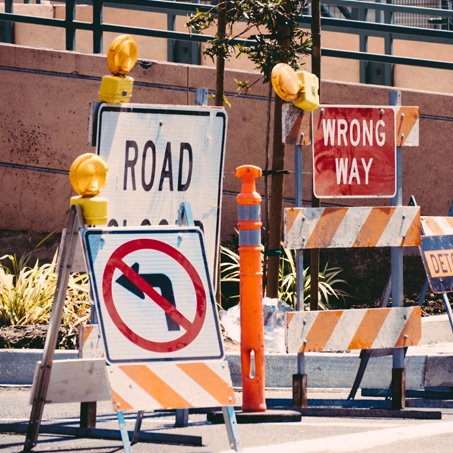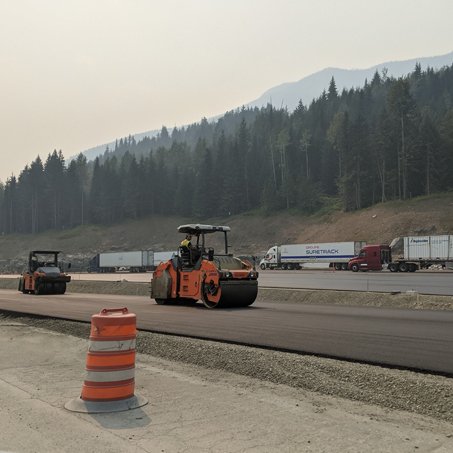Introduction:-
Self-driving cars, also known as autonomous vehicles (AVs), have captured the imagination of the world, promising a future with fewer accidents and a more efficient transportation system. While this technology holds immense potential for India, its complex road environment presents unique challenges for safe and successful implementation.

India’s road infrastructure presents a complex tapestry for AVs. Unlike many developed countries with well-defined lanes and predictable traffic patterns, Indian roads are a vibrant mix of vehicles – cars, two-wheelers, pedestrians, cyclists, and even animals.
Add to this the often unpredictable driving behaviour, poorly marked lanes, and adverse weather conditions (fog, dust storms), and the challenge becomes even more significant.

For AVs to navigate Indian roads safely, several technological hurdles need to be overcome:


Beyond the technological challenges, a robust regulatory framework is essential for safe AV operation in India. This framework needs to address critical aspects such as:
- Safety Standards: Setting clear and stringent safety standards for AVs is paramount. These standards should be based on international best practices while considering the specific challenges of the Indian road safety environment.
- Insurance Liability: Assigning responsibility in case of accidents involving AVs requires a clear legal framework that addresses liability for manufacturers, operators, and passengers.


Despite the challenges, the potential benefits of AVs for India are undeniable. Reduced accidents, improved traffic flow, and increased accessibility for people with disabilities are just a few. To navigate the path towards a successful AV future in India, a collaborative approach involving the government, research institutions, technology companies, and the automotive industry is essential.

- Public-Private Partnerships: Fostering collaboration between the government and private sector can accelerate the development and implementation of AV technology.
- Data Sharing: Encouraging data sharing between stakeholders (government, research institutions, technology companies) can accelerate the development of robust AI algorithms for Indian AVs.
- Public Awareness Campaigns: Educating the public about AV technology and its benefits can address potential concerns and anxieties.

The journey towards self-driving cars in India is undoubtedly complex. However, by acknowledging the unique challenges of the Indian road safety environment and adopting a collaborative approach, the nation can pave the way for a safer, more efficient, and inclusive transportation system for the future.
As technology continues to evolve and stakeholders work together, self-driving cars have the potential to revolutionize the way we travel in India.









